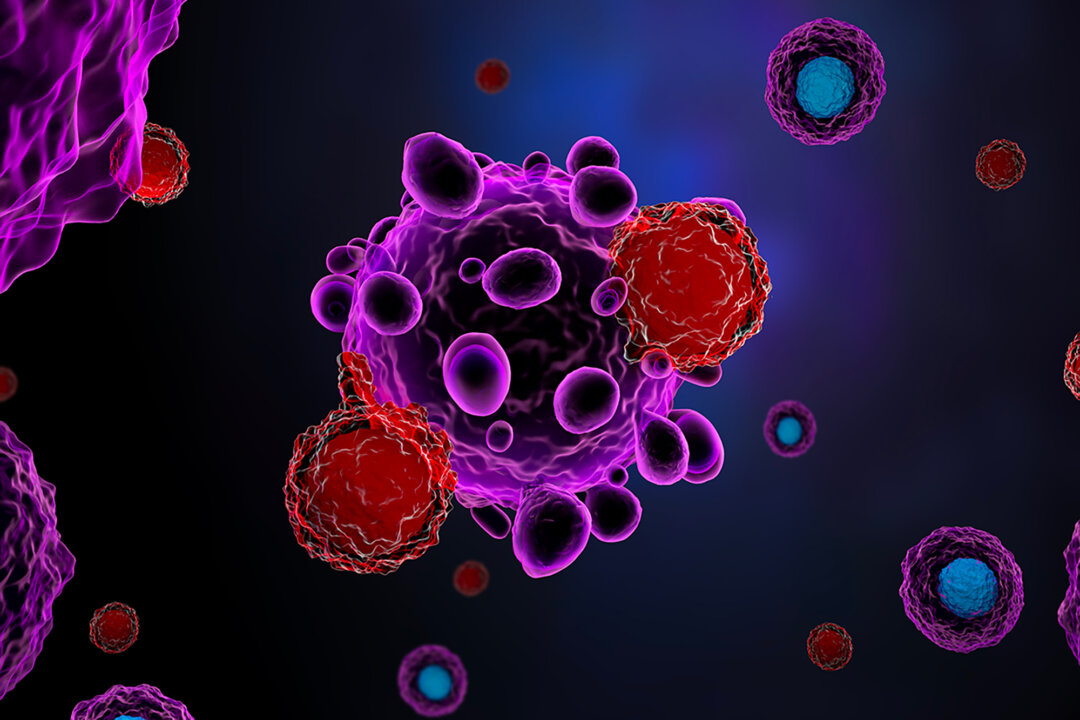Patients receiving chimeric antigen receptor T-cell (CAR-T) therapy to treat blood cancer have a low risk of developing additional blood cancers from such treatments, according to a Stanford Medicine study published Thursday in the New England Journal of Medicine (NEJM). CAR-T therapy is a type of cancer therapy for blood cancers that do not respond well to standard treatments. T immune cells are extracted from patients, genetically modified to make them better cancer fighters, and then returned to the patient’s body.
Since CAR-T therapy involves a genetic change to patients’ T-cells, some researchers have speculated that such modification may cause T-cell cancers. This new Stanford Medicine study indicates patients are at a low risk of additional T-cell and other blood cancers from CAR-T therapy. The researchers also found no evidence that the gene modification contributed to secondary cancers.

Researchers examined data from 724 patients who received the therapy between 2016 and 2024 and found that only one patient developed T-cell lymphoma. The incidence of all secondary blood cancers over three years was 6.5 percent.
According to the study, the 6.5 percent incidence rate was comparable to the rate of secondary cancers in patients who received other cancer therapies instead of CAR-T therapy, such as stem cell therapy. Dr.
Alizadeh said the research team compared protein levels, RNA sequences, and DNA from single cells across multiple tissues and time points to see if th.























